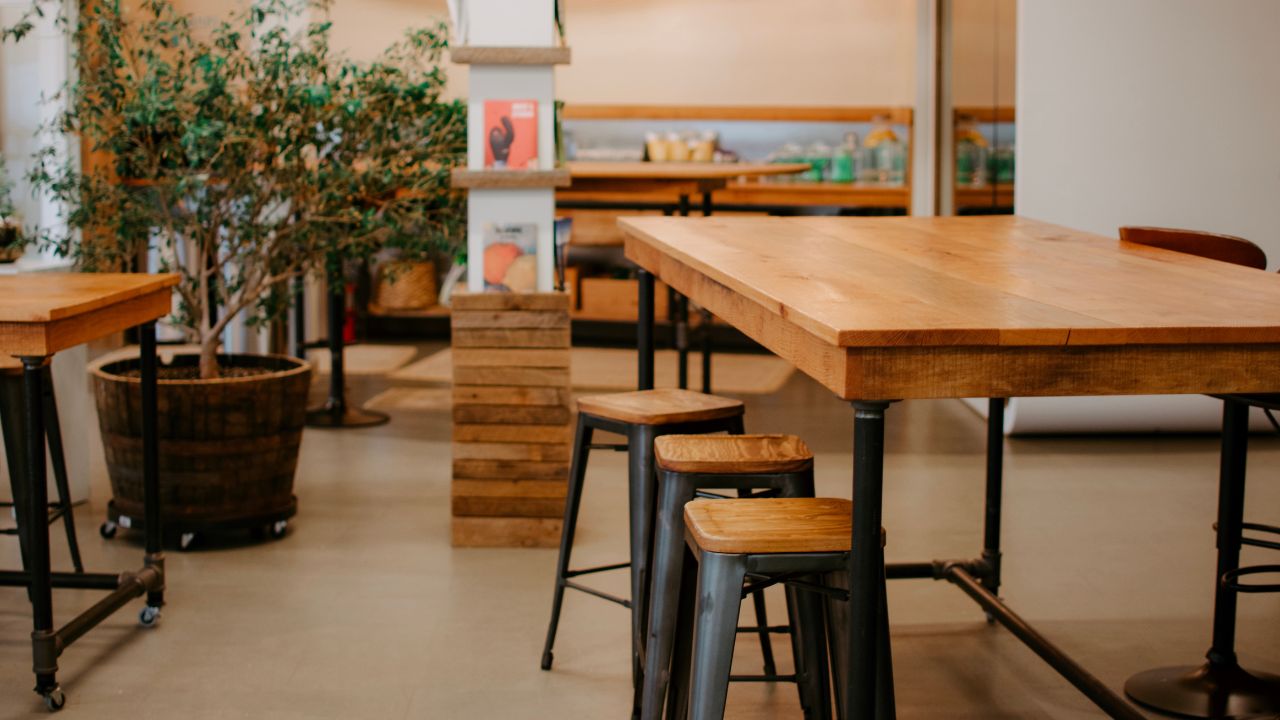Theodora is a business woman who has made it her life's work to help others achieve success. She has been an entrepreneur since she was young, and has always been drawn to businesses that have the ability to help others. She started her first company when she was just a teenager, and has never looked back since and she like shopping too.

Environmental spaces determine the state of mind and emotional condition of human beings to the greatest extent. It is more than aesthetics because interior design is bound to the issue of psychology. Furniture is one of the components that influence the design of a space and impact mood, behavior, and productivity. Brands like horegener, known for their custom-crafted furniture solutions, understand this deep connection and design pieces that subtly shape human experience. The arrangement of desks in an office to the comfort of a living room sofa silently coordinates the way people think, feel, and behave.
Aesthetic Emotion of Furniture Design
The emotional atmosphere of a room can be created by furniture immediately. Rounded, soft lines and deeply cushioned pieces are inclined to remind people of relaxation and protection, whereas rigid and simplistic shapes encourage more precision and concentration. An example is having a comfy armchair in a residential environment that makes it look like a retreat, which is relaxing and thoughtful. On the contrary, office furniture that is painful, such as hard, uncomfortable cabinets and seating furniture, may raise the stress threshold and weaken morale.
Other important mood determinants are the color and texture. Wooden furniture made of warm-colored wood would easily establish a homely and down-to-earth environment, whereas metals and glass may make a place look contemporary and flat, involving a lack of personalization. Emotional harmony and a favorable mental state can be achieved with the help of the proper balance of materials.
Mental Clearness and Spatial Layout
Moreover, the layout of furniture is a vital instrument in supporting people to navigate within a room and sense it. Poor planning or congestion can create an ambient worthy of anxiety, or an impression of being in a confined space. On the other hand, an open and plot space provides clarity and comfort to the mind. Ergonomic furniture and a clean passage at the workplace are incident that enhances not only the body, but also the mind in terms of performance. Neat working environments enhance concentration, and the maximum arrangement of the collaborative space can boost discussions and ingenuity.
Adaptable workstations, such as flexible workspaces (flexible working and movable chairs), offer more control in the environment to the people. This sense of control is associated specifically with psychological empowerment, which leads to job satisfaction as well as improved production.
Individualization and Mental Relief
Furniture promotes identity and a sense of belonging, too. Using custom-made items or selecting something that really makes a person feel better about themselves, so-called personalization makes them emotionally closer to the surrounding space. When working in common rooms such as an office or co-working, being able to somehow customize furniture (place a favorite chair in certain locations or add personal items to a desk) makes their utilization much more comfortable and decreases emotional exhaustion.
In addition, furniture in hospitality and healthcare facilities that is intuitively easy to navigate, and that elicits emotions, e.g., relaxing colors and soft lighting, moderately paced light, comfortable seats, etc., can ease healing and alleviate stress. This highlights the extent to which furniture is related to psychological wellness in different environments.
Conclusion
The psychological effect of furniture should be understood in order to develop places that actually promote human well-being and productivity. It is not only a matter of the room full of fashionable items but an art of creating the space, which positively affects the mindset and introduces good sensations into our lives. Furniture selection and arrangement can radically change people and their use of a space. As it had been said in essence, well-designed furniture is not only concerned with the form and functionality but also with the hidden language of mood, motivation, and mental balance.
